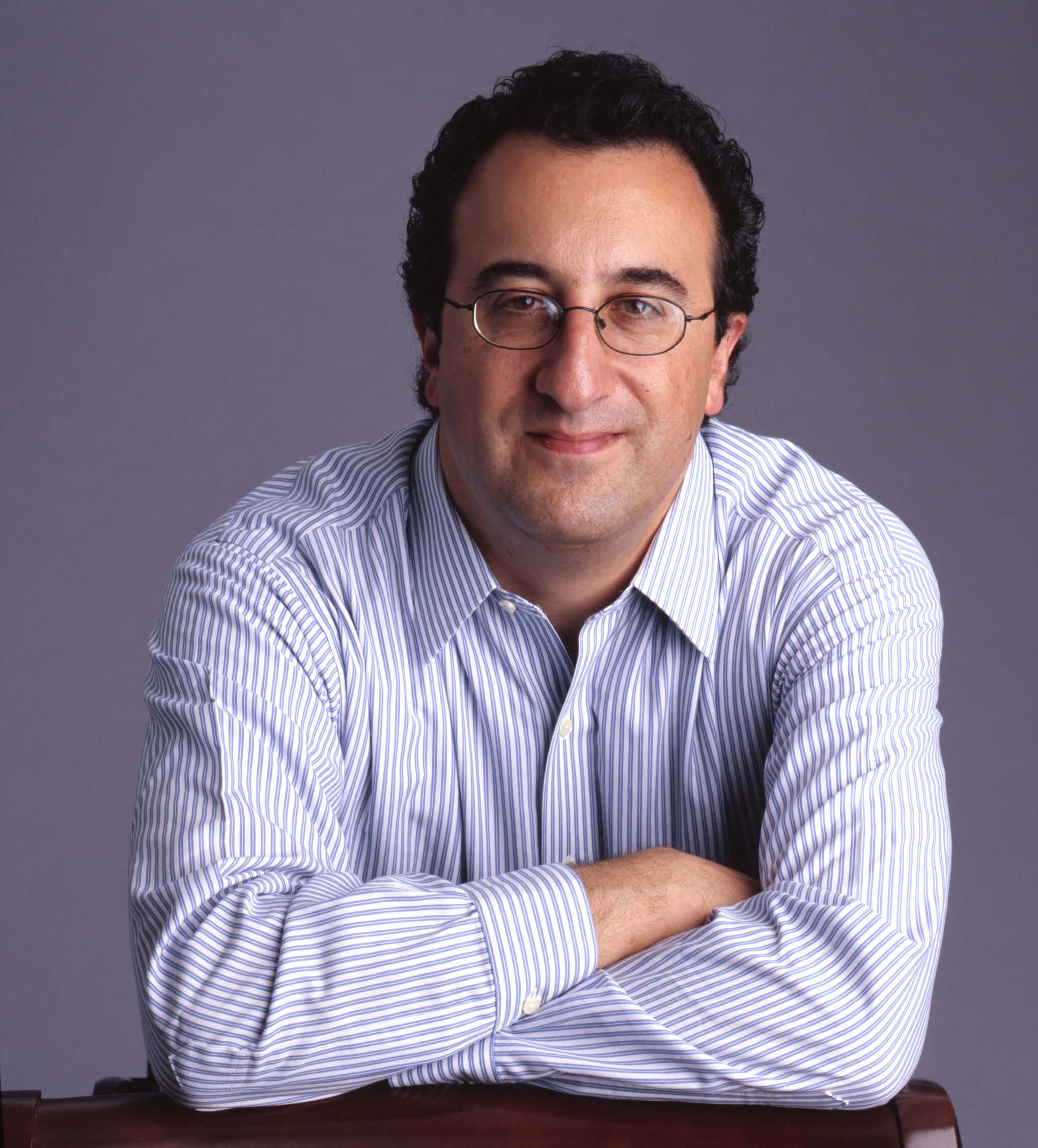SG Denied Oral Argument in Exxon/Ortega

on Feb 18, 2005 at 3:09 pm
The Court today denied the Acting SG’s motion for leave to participate in oral argument one week from Tuesday in Nos. 04-70, Exxon Corp. v. Allappattah Servs. and 04-79, Ortega v. Starkist Foods — despite the fact that 90 minutes have been set aside for argument of the consolidated cases (which deal with the Supplemental Jurisdiction Statute, 28 U.S.C. 1367).
As far as I know, it is more or less a mystery why the Court occasionally decides to deny the SG’s motions for leave to participate in oral argument. There is no obvious pattern. (For example, the Court denied the SG’s motion in even as important a case as Stenberg v. Carhart.) There was a time when the Court appeared to deny such motions once a Term — perhaps simply to send a signal that the SG does not argue as of right, and that the motions should not be treated as pro forma. But it denied two such motions in late 2000 (Stenberg and Circuit City). And then, in the Bush Administration, the Court has granted virtually all such SG motions without fail — before today. The one exception that I know of was Ford Motor Co. v. McCauley, in which the Court denied the motion (536 U.S. 955 (2002)), and then dismissed the petition as improvidently granted after hearing argument (537 U.S. 1).
Can anyone shed any light on this little-discussed practice?
(Note also that the Court today granted the motion of the Bahamas for leave to participate at oral argument as amicus curiae on behalf of respondents in No. 03-1388, Spector v. Norwegian Cruise Line, which Heather discusses below. Presumably, Counsel of Record Greg Garre of Hogan and Hartson will present argument on behalf of the Bahamas.)


